What’s one of the most common myths about veganism? No matter where you are in your plant-based journey, you’ve probably heard this one. “Vegans never get enough protein.”
When I began mapping out my vegan journey, this used to be my primary concern. Turns out, I had nothing to be worried about, because a plant-based diet doesn’t mean you’re stuck with no protein. There are several yummy plant-based protein sources that give you all the nutrients you need. As a bonus, vegan proteins are also rich in fiber, which is great news for your gut health!
Come with me as we explore how to get enough protein as a vegan with 9 plant-based protein sources.
But, first…
Just how much protein does our body need to function?
Let’s start from the beginning. Without getting too science-y, protein is a macronutrient made up using a chain of building blocks known as amino acids. Not only do proteins help you build muscle mass, they also build immunity, repair tissues, and make way for important metabolic reactions–such as digestion and blood clotting–to occur. In short, protein is super essential to stay alive.
Now, on to the important question. To meet all of your body’s nutritional requirements, you need around 0.8 grams of protein per 1 kilogram (2.2 pounds) of body weight. So, if you weigh 70 kgs (or 155 lbs), you need 56 grams of protein per day. But if you exercise every day, you might need 1.1-1.5 grams of protein per kg of body weight.
With that being said, do you have to calculate your protein intake? Not unless you really want to! In most cases, as long as you include some protein-rich foods with every meal, you’ll be good to go. However, if you do want to track how much protein you’re getting every day, especially during the beginning of your vegan voyage, an app like Protein Pal can help you. Use the data to see which combination of foods work best in meeting your protein goals, and plan your vegan dishes accordingly.
Moving on…
Here are the 9 best sources of vegan protein
Add these vegan protein sources to your plant-based plate to give your body the nutrition it needs. If you find yourself sneaking in an egg or two once in a while, don’t worry. At Exploring Vegan, we believe that you get to decide what being vegan means to you. If that means cutting down your meat intake to once a month or adding an egg to your plate every Sunday, you do you! Because every little thing counts.
Let’s dig in! 🍽️
1. Lentils
Lentils are our small, lens-shaped edible seed friends, and they come from the pods of legume plants. They are low-fat fiber and protein powerhouses, with one cup (around 180 grams) of cooked lentils packing around 18 grams of proteins. They don’t need to be soaked and are very easy to cook. Bonus? They’re super affordable!
Lentils come in many types:
- Brown and green lentils
- Red and yellow lentils
- Puy lentils
- Specialty lentils
- Black beluga lentils
This vegan protein source is super versatile, which makes it one of the best ways to get enough protein as a vegan. You can add lentils to a soup, stew, or salad, use them as a curry base, a side dish with rice, fillings for tacos and wraps, in lieu of ground meat on vegan burgers, or as a standalone snack.
Here’s an easy Vegan Yellow Lentil Stew to add to your rotation.
2. Beans
Like lentils, beans are also seeds of legumes that pack a protein power punch. Eating one cup (around 180 grams) of most types of cooked beans gives you 15 grams of proteins. In addition to being yummy and versatile, beans are also super affordable, rich in fiber, and low-fat. No wonder they’re a staple food across many parts of the world!
The most common types of beans include:
- Soybeans: Want to get half of your daily required protein intake in one go? One cup (180 grams) of cooked soybeans contains a whopping 31 grams of protein! Another fun fact about these beans is that they contain all 9 of the essential amino acids our body needs (and can’t produce on its own), making them a complete source of vegan protein.
- Black beans
- Kidney beans
- Pinto beans
- Navy beans (also known as haricot beans)
- Garbanzo beans (also known as chickpeas): Chickpeas are the base ingredient in hummus, which makes the latter a protein-rich food. You can substitute the mayo or butter on your sandwiches, wraps, and burgers with hummus for a protein-packed vegan dish! [Here’s a One-Pot Chickpeas and Rice dish for you to enjoy.]
- Fava beans
- Cannellini (white) beans
Be it tacos, salads, stews, nachos, or rice, no matter what dish you’re whipping up in the kitchen, you can add some beans to it and kick the protein content up a notch!
Enjoy this Vegan Miso Brothy Beans dish on a cold winter’s evening.
3. Seitan
If you’re really craving some meat, but don’t want to touch the stuff, have some seitan, instead. Made from vital wheat gluten, this vegan protein source is also lovingly known as “wheat meat.” Unlike other vegan meats that might have left you feeling disappointed, seitan looks, feels, and tastes just like meat when cooked.
Containing 25 grams of protein per 100 grams, seitan steals the spotlight when it comes to vegan protein sources. On its own, this mock meat has a neutral taste–like something you’d expect from uncooked chicken. But, when cooked, it absorbs flavors really well! Since seitan is made with wheat gluten, it’s bad news for those with gluten allergies, but good news for those with soy allergies.
4. Whole grains
Grains are typically made up of three parts: the bran (the fiber-rich outer layer), the germ (the nutrient-rich core of the seed), and the endosperm (the interior layer that supplies energy to the seed). Whole grains are simply grains that are whole (i.e. they contain all three parts), as opposed to refined grains that only contain the endosperm. The refining process actually strips away a lot of the grains’ nutrients, leaving them a shell of what they used to be. If you want to boost your plant-based protein intake (and stay away from vitamin B deficiencies), whole grains are your best bet!
Here are some examples of whole grains:
- Quinoa: This ancient pseudocereal comes in various colors and contains 8 grams of protein per cooked cup. It’s also a complete protein, making it a very coveted seed. You can use it with your cereal, as a replacement to white rice or pasta, or ground it into flour.
- Oats: One cup of dry oats contains 10.1 grams of protein. You can add oats to your breakfast routine or simply enjoy them as a protein-rich snack. But make sure that you eat unprocessed oats, such as oat groats, steel-cut oats, or Scottish oats. Try this Vegan Banana Bread Overnight Oats recipe.
- Wild or brown rice: Brown rice is the unrefined version of white rice, and contains nearly 7 grams of protein per cooked cup. Wild rice, on the other hand, isn’t actually rice at all; it’s the seed of a type of aquatic grass and has 3.99 grams of protein per 100 grams (cooked). Simply swap your white rice with wild or brown rice for a nutritious lunch!
- Corn: Whole, unprocessed corn can be enjoyed as a snack simply by boiling it and adding a sprinkle of salt on top. I also like adding some chili powder on top because I looooove spice.
- Farro or barley: Both are oval-shaped whole grains that have similar flavors and can be used as a replacement to wheat. 100 grams of farro contains 13 grams of protein, while barley has 12.5 grams. Use them to make flour or add them to your soups and stews. Enjoy this flavorful Vegan Dashi Miso Broth made with farro.
Some other lesser-known whole grains include buckwheat, amaranth, sorghum, spelt, teff, rye, and millet.
5. Nutritional yeast
Don’t let the name throw you off! Nutritional yeast is the deactivated version of that yeast that’s used to make bread and beer, and is a protein powerhouse! Just 16 grams of this thing contains 8 grams of protein. Additionally, this complete plant-based protein source contains a significant amount of Vitamin B-12–something that many vegans are deficient in.
You can find nutritional yeast in supermarkets in the form of a yellow powder or flakes. It has a nutty, cheesy, umami-rich flavor, and makes for great seasoning for your vegan dishes. You can simply sprinkle a bit of it on your meals and snacks to make them more delicious and protein-y.
6. Tofu, tempeh, and edamame
In other words: soy products. You can also add soy milk to the list. Soy is a vegan protein favorite since it’s one of the few complete plant-based protein sources. So, it’s really no surprise that soy products are also great providers of protein.
- Tofu: Contains 13 grams of protein per 100 grams of serving. Since it takes on the flavor of the dish you add it to, it’s super versatile. This Green Curry Tofu is perfect for when you want to whip up something quick!
- Tempeh: With 20 grams of protein per 100 grams of serving, this fermented soy product makes for an excellent meat alternative.
- Edamame: Has 12 grams of protein per 100 grams, and makes for a very tasty steamed appetizer. Combine the protein power punch of edamame and tofu with this Vegan Kimchi Ramen.
- Soy milk: Contains 3 grams of protein per 100 ml cup. You can add it to your morning cereal, drink the milk directly, or make a cup of coffee or tea with it.
7. Nuts and seeds
If you’re like me and love the crunch of nuts, great news! Nuts, nut butters, and seeds are all rich in protein, healthy fats, and a host of other nutrients. They’re also incredibly tasty, give you the fuel you need to get through the day, and can be enjoyed as a snack or incorporated into several vegan dishes. What more could you ask for, really?
Let’s look at some nuts and their protein content. You can either enjoy them as is, add them to your trail mix, or fashion nut butter out of them to use as spreads. I like to munch on a few nuts when I’m working, or passing by the pantry. But make sure not to buy sweetened nuts or ones that contain hydrogenated oil.
- Walnuts: 4.3 grams of protein per 7 nuts
- Almonds: 1.75 grams of protein per 7 nuts
- Hazelnuts: 2.1 grams of protein per 10 nuts
- Cashews: 1.6 grams of protein per 7 nuts
- Pistachios: 1.4 grams of protein per 10 kernels
- Macadamia nuts: 2.24 grams of protein per 10-12 kernels
If you have a nut allergy, you can make seeds your go-to. Here are some of the usual suspects, along with their protein content per 100 grams. You can bake these seeds into breads and buns, add them to your oatmeal and cereal, or make smoothie bowls out of them.
- Pumpkin seeds: 30 grams. You can eat them raw, roast them, or even turn them into powder and sprinkle over your curry for an extra oomph of protein.
- Chia seeds: 19 grams. Their gelatinous texture in water makes them a delicious addition to fruit juices.
- Flax seeds: 18 grams. Ground flax seeds make for an excellent egg substitute in baking!
- Sunflower seeds: 19 grams. Eat the seeds any way you want, or turn them into sunflower butter to spread over your breads and buns.
- Hemp seeds: 31.6 grams. While hemp might remind you of the cannabis plant, hemp seeds only contain trace amounts of THC, the compound responsible for the effects of the cannabis plant, so it’s safe to eat.
8. Fruits and vegetables
No meal is complete without fruits and veggies, so ideally, you should already be eating these. But it’s always good to learn which ones you need to add to your plate for some extra protein.
| Protein-rich veggies | Protein-rich fruits |
| Spinach | Guava |
| Broccoli | Berries |
| Asparagus | Kiwi |
| Brussels sprouts | Jackfruit |
| Potatoes | Apricot |
| Artichokes | Bananas |
| Mushrooms | Oranges |
| Kale | Pomegranates |
Adding leafy vegetables 🥦 to your vegan meals is a safe bet to up your protein intake. When it comes to fruits, though, it’s best to eat them whole instead of turning them into juices. This is because juices are nutritionally unbalanced and contain very little–if any–protein and fiber.
9. Ezekiel bread
Also known as sprouted bread, it’s bread that’s made out of organic whole grains and legumes that have started sprouting (as opposed to normal bread that’s made out of refined flour). If you’ve read points 1, 2, and 4, you already know that the base ingredients of Ezekiel bread are super rich in protein. This makes sprouted bread very nutritious and vegan-friendly. A single slice alone gives you 5 grams of protein. If you eat a sandwich with two slices of this bread, that’s 1/5th of your protein intake for the day taken care of! Pretty cool, right?
There you go! 9 of the best vegan protein sources. Out of these, I personally love nuts and fruits, and eat my greens reluctantly. What’s your favorite way of getting enough protein as a vegan?
Vegan Protein at a Glance

Download the chart for easy-to-access protein stats at your fingertip!

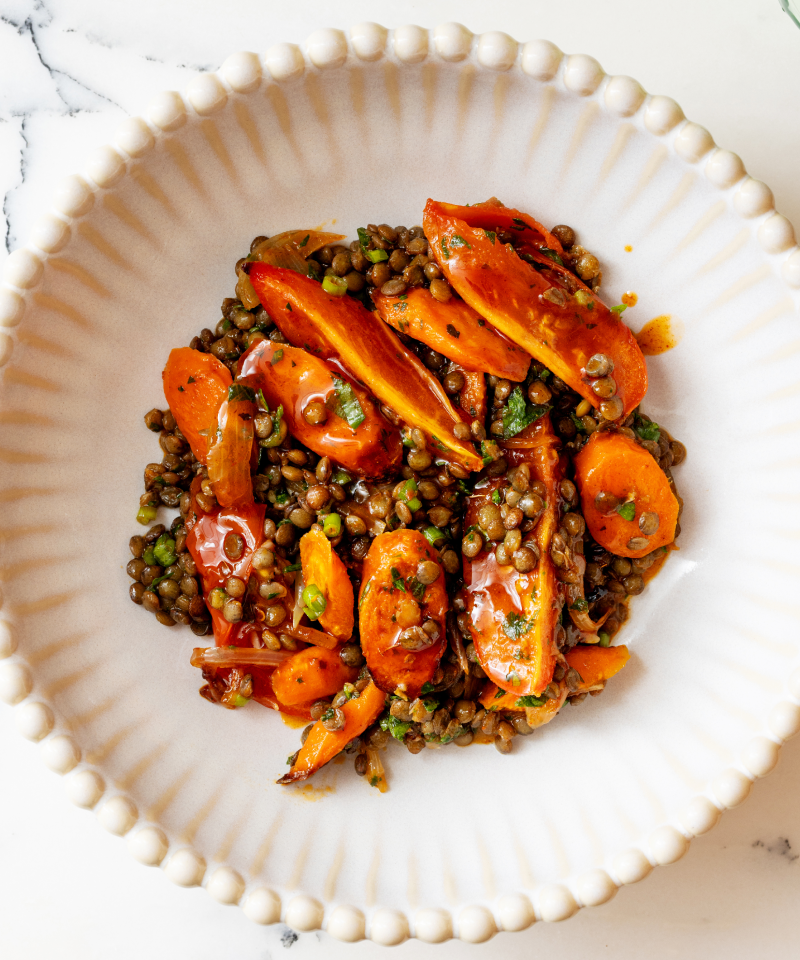
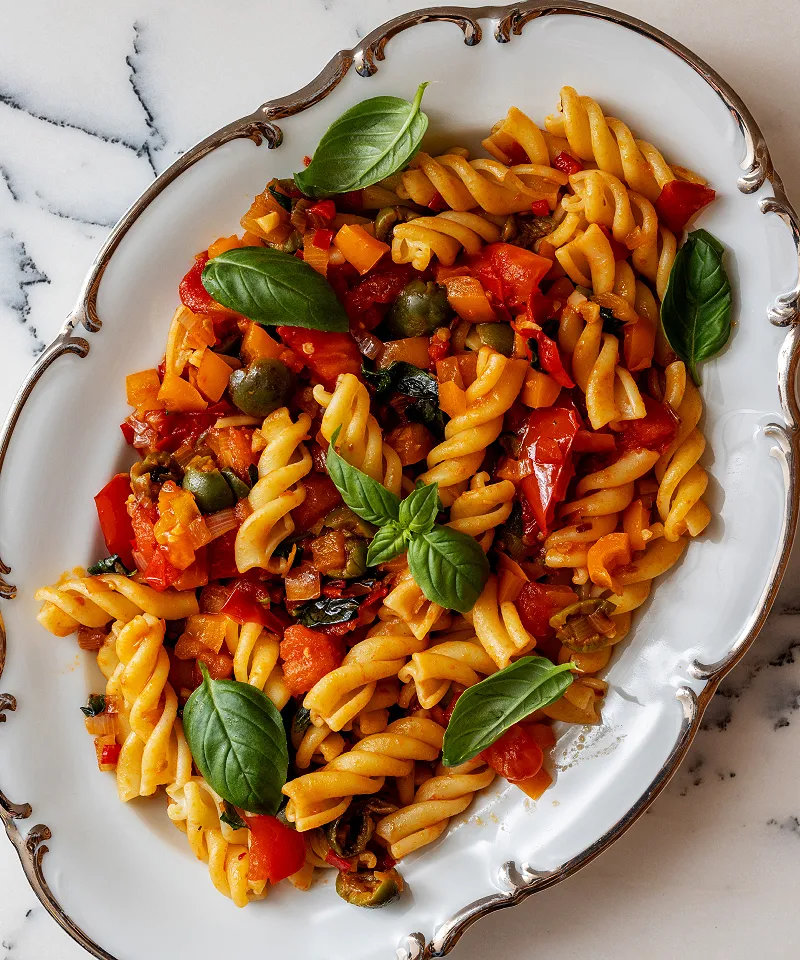
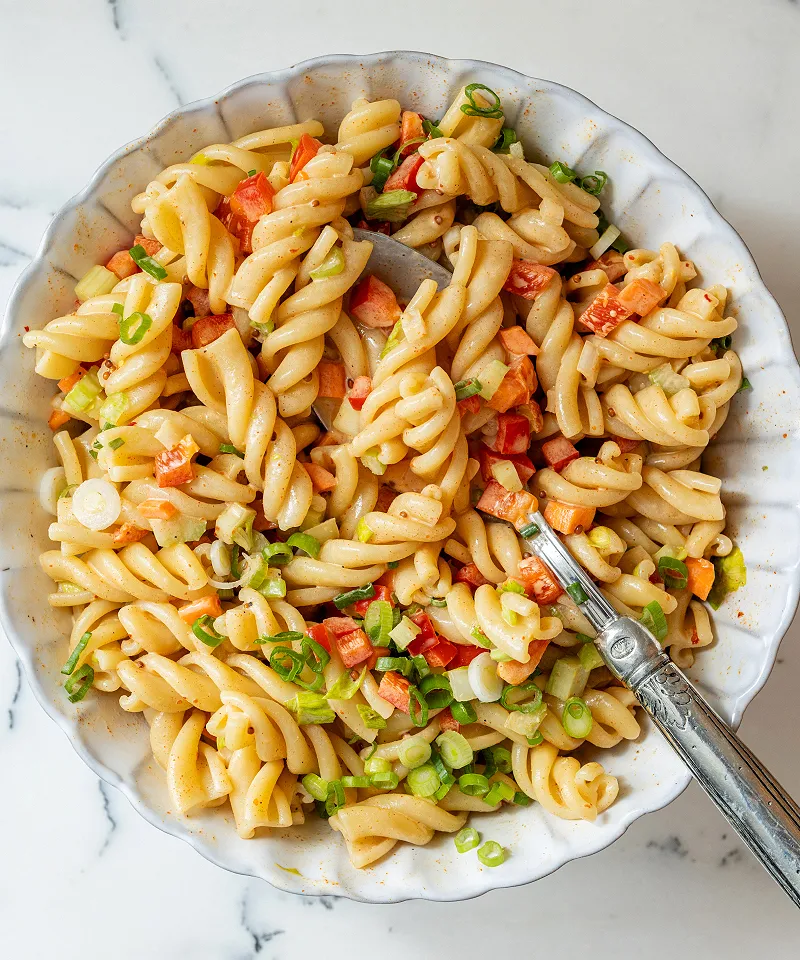
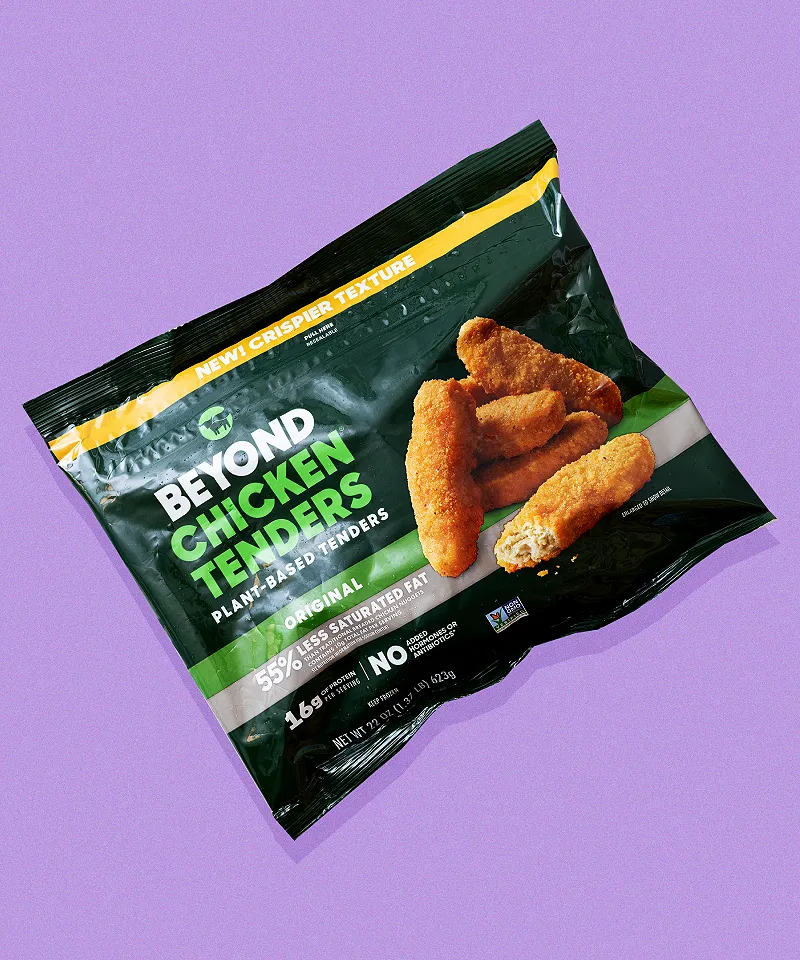
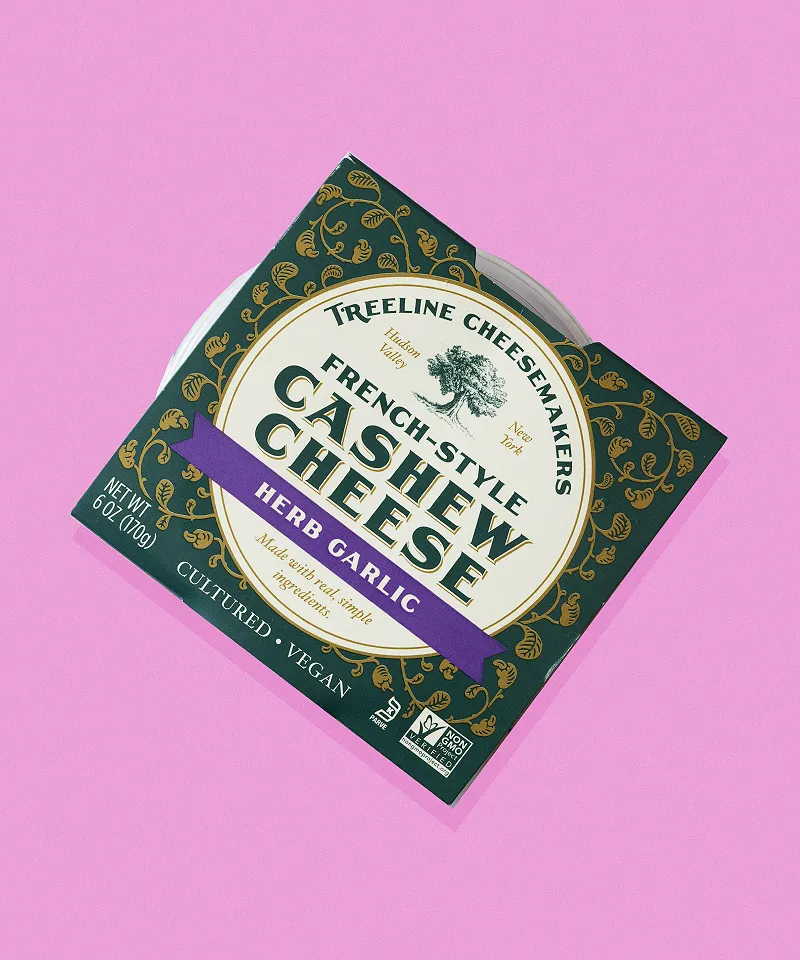
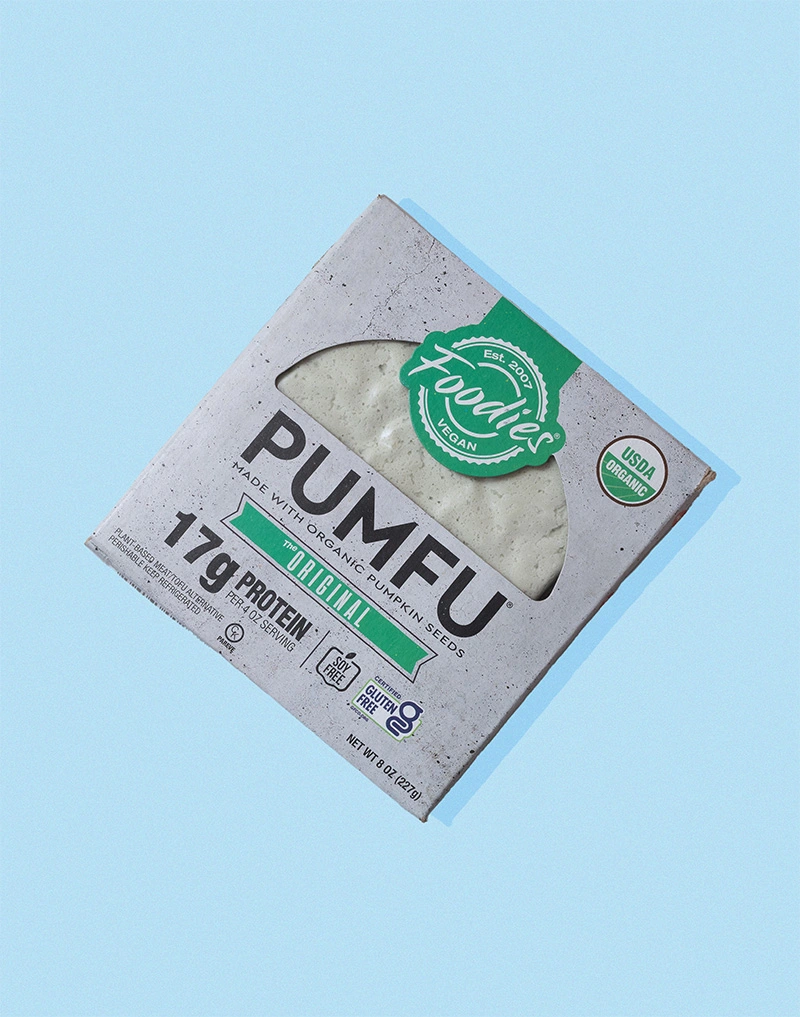
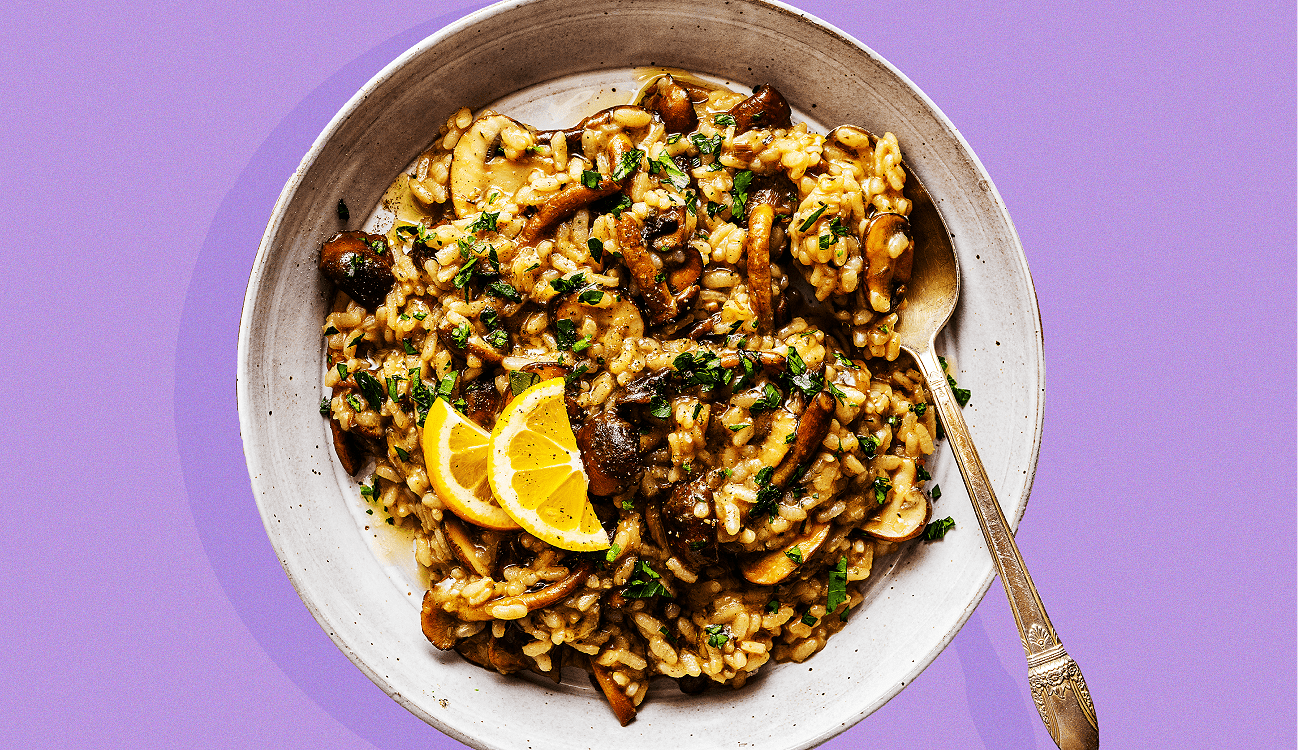
This is a great resource, esp to show to our allopathic Dr who wants to make sure that the vegan lifestyle we’re following, we’re getting enough protein.
Is there a chart you have of this? It’d be good to hang on the fridge or have handy.
Yes! We are putting together a guide now…I’ll respond to your comment when we update the post.
Thank you Kylie!
Just added a little downloadable! Thanks for the idea!
Just what I’ve needed. Very comprehensive. Thank you
So happy to hear this; thank you!
Kylie, how do I download the chart (love it!) aside from just taking a screen shot to do it?
I don’t see a link for that.
Thanks, Marty
If you’re on mobile, you should be able to long-hold the image and save it to your photos. If you’re on desktop, you can go to this link and right click the image and “save as”: https://exploringvegan.com/wp-content/uploads/2024/06/Top-Vegan-Protein-Sources-1-1139×2048.png
Let me know if that works!
We’ll be creating more charts for all of our resources too!
Kylie,
Thank you! I just went to my iPhone and saved it to my photos where I’ll print it out later. Thought I know I most likely get enough protein daily, I love your chart that shows how much per gram each vegan/plant-based source provides us.
This is fantastic and such an easy to access resource on Vegan protein sources. Thank you so much for putting this together but also creating that amazing chart. I just need to send this out to everyone that keeps asking me, “But where do you get your protein from?”
Thank you so much! I’m so happy you found this to be beneficial!
Thank You For Sharing 👍🏼😊GREAT Information ❗️G-d❤️Bless